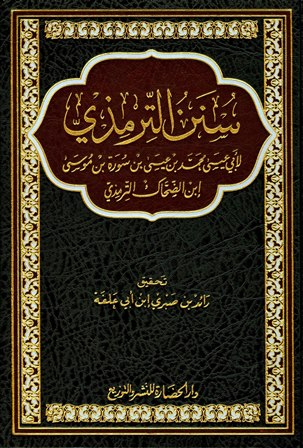Fourth Year
Tafsīr (Quranic Exegesis)
The Qurʾān is the primary source of our knowledge. Many a time, history is distorted. It is, therefore, important to see how the Qurʾān address the historical lives of the Prophets. With that in mind, the Tafsīr for this academic year is taught with a focus on selected passages based on the Prophetic lives.
This course aims to deepen the students’ knowledge of the exegesis of the Qurʾān through the study of Tafsīr Ibn Kathīr. A specific study of the stories of the Prophets, from this work, is conducted to introduce the students to Tafsīr bi al-Riwāyah (exegesis based on narrations) as well as grant them access to the this level of Tafsīr literature.
Course Material
Tafsīr Ibn Kathīr
by Ismāʿīl Ibn Kathīr (701–774 AH)
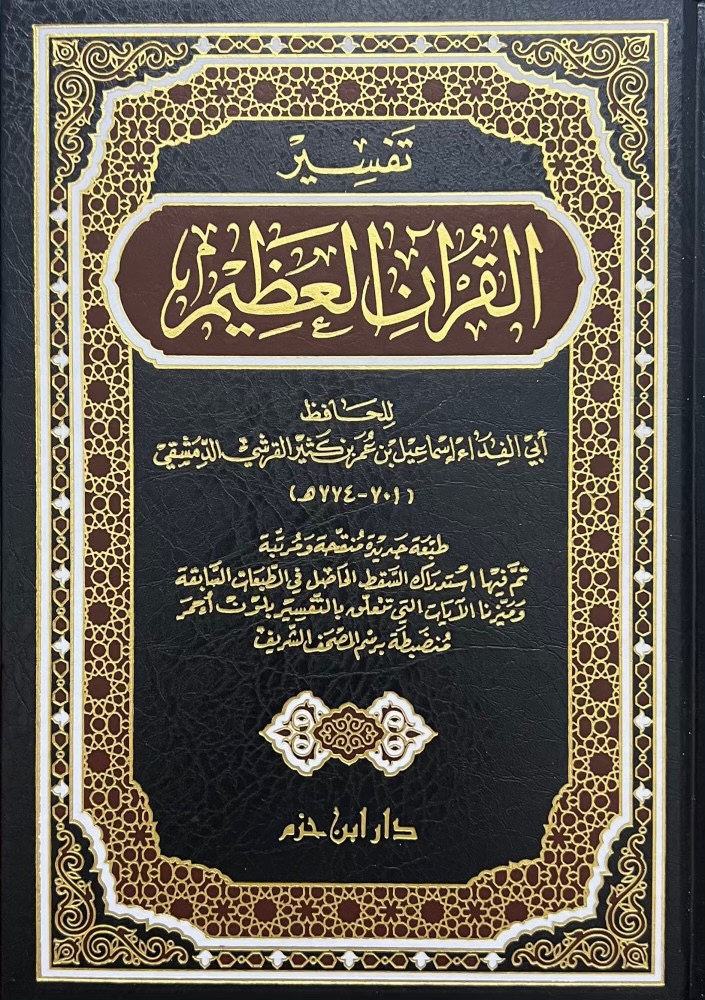
Tārīkh (Islamic History)
This course concentrate on the post-Sīrah History of Islam. It, therefore, covers the major events in history starting from the period of Abū Bakr (R.A) Caliphate until the Crusades.
This course aims at introducing the students to a comprehensive, yet concise presentation of Islamic history. This will equip them with a critical understanding of the events and circumstances which continue to contribute to the shaping of Muslims’ perspectives of the world and the world’s perspectives of Muslims. This becomes especially important in a climate that has become rife with misinformation and malicious distortion of Islam’s historical development.
Course Material
Al-Mawsūʿah al-Muyassarah fī Al-Tārīkh al-Islāmī
by the Islamic research team headed by Qāsim ‘Abdullah Ibrāhīm and Muḥammad ‘Abdullah Saliḥ
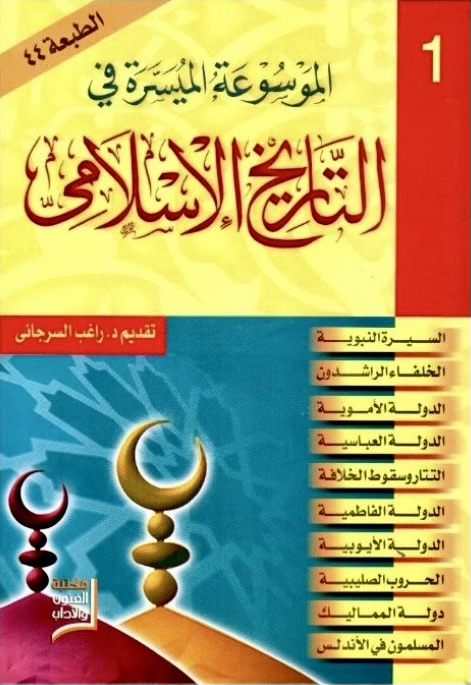
ʿUlūm al-Qurʾān (Quranic Sciences)
Albeit contemporary, many scholars classify this work as the greatest piece of literature written in the genre of ʿUlūm al-Qurʾān. This two-volume literary masterpiece, which is covered over the third and fourth years respectively, provides the students with a thorough command of the issues and sciences pivoted around the Qurʾān and its related sciences. One of the unique features of this work, other than its superb philological value, is that the author presents a list of allegations and objections as raised by Muslim scholars, Orientalists and Western academics, at the end of each section. Thereafter, he proceeds to refute all false allegations and respond to all valid objections.
The book has about seventeen major chapters. Eleven chapters are covered in Third Year.
The objectives of this course are to:
- impart to students a comprehension of the Quranic sciences.
- understand the Qurʾān, how it was revealed and preserved by the Prophet Muḥammad (Peace be upon Him), the Companions (Allah be pleased with them) and the succeeding generations.
- To discover challenges and allegations thrown at the Qurʾān, and provide answers to those challenges.
Course Material
Manāhil al-ʿIrfān
by Muḥammad ʿAbd al-Aẓīm al-Zurqānī (d. 1367 AH)
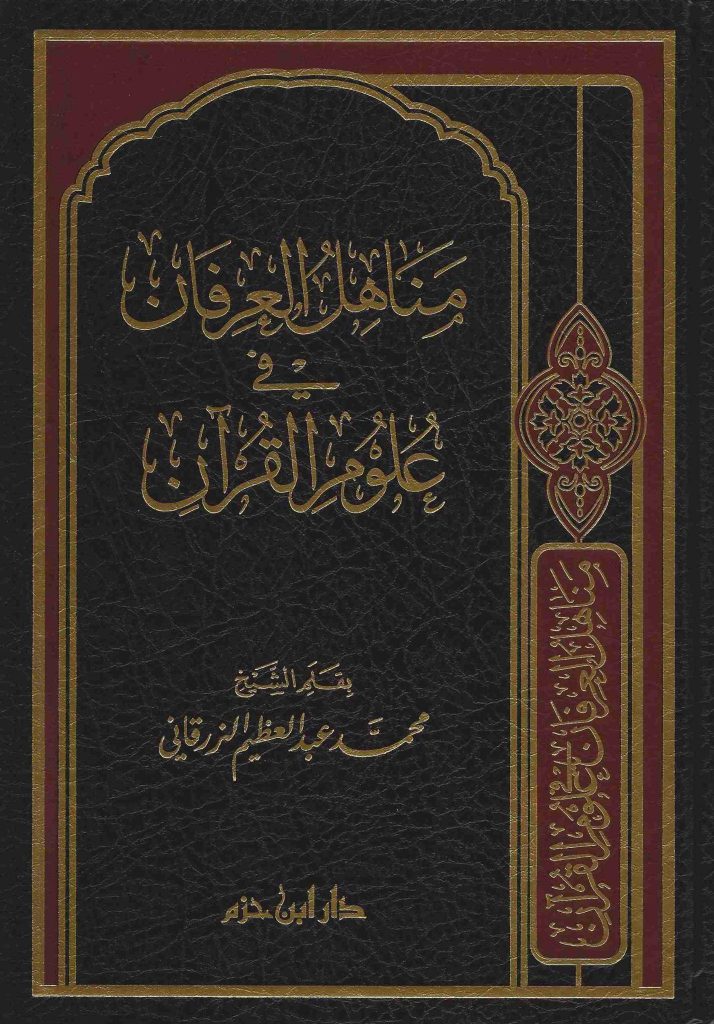
Fiqh (Substantive Islamic Law)
As mentioned in the previous courses related to fiqh, our Institute continues to strive and dedicate itself to keeping alive the legacy of the Shāfiʿī Madhhab. In trying to achieve these objectives, it attempts to cover the content of fiqh of both the classical as well as contemporary works in fiqh.
This course deals with issues related to the laws of marriage and divorce in Sharīʿah. The first part of the course deals specifically with laws pertaining to the composition of Nikāh. In addition, it also covers aspects of duties and rights that come due on the completion of a valid marriage union. The second part deals with issues that lead to the dissolution of the marriage union.
The objectives of this course are to:
- understand the principles of Islamic Family law.
- understand what makes up a valid Muslim marriage.
- understand the rights and duties of both husband and wife.
- understand the principles of Islamic laws of divorce.
- relate to the ever-changing secular laws while maintaining the Principles of our Sharīʿah.
Course Material
Mughni al-Muḥtāj ilā Maʿrifat Maʿānī Alfāẓ al-Minhāj
by Muḥammad al-Khaṭīb al-Shirbīnī (d. 977 AH)
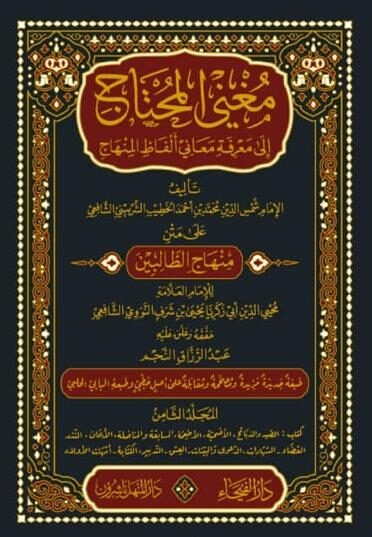
ʿUlūm al-Ḥadīth (Ḥadīth Sciences) – Narrator Criticism
The authenticity of aḥādīth is one of the most important discussions in ḥadīth learning. The authenticity of ḥadīth is dependent on knowing the characters of ḥadīth transmitters. Scholars of ḥadīth used different terminologies to identify individual narrators and their characters as hadith transmitters. This is known as ḥadīth criticism or ʿIlm al-jarḥ wa al-taʿdīl. This work takes the students into the world of narrator criticism. It discusses the nomenclature used by scholars when investigating the status of the ḥadīth narrators.
The objectives of this course are to:
- introduce to students the terminologies used by ḥadīth critics when investigating the status of ḥadīth narrators.
- train the students with the skills required to judge between the various critical verdicts of the scholars to reach a conclusion with regards to a particular narrator or chain of narrators.
Course Material
Al-Rafʿ wa al-Takmīl fī al-Jarḥ wa al-Taʿdīl
by Muḥammad ʿAbd al-Ḥayy al-Laknawī (d. 1304 AH)
and edited by ʿAbd al-Fattāḥ Abū Ghuddah (d. 1997)
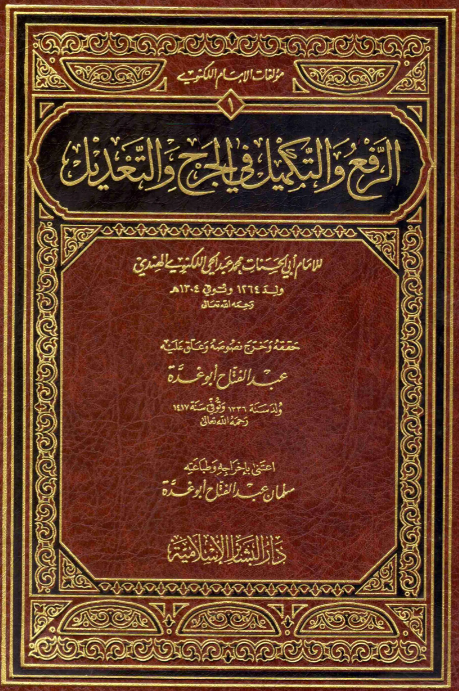
ʿUlūm al-Ḥadīth (Ḥadīth Sciences) – Legal Authority of the Sunnah
The sunnah, as the second source of the Sharīʿah, faced many challenges in the past as well as in the present. Some of these challenges led some people to deny its authority completely and some denied it partially. In recent times, these challenges are entertained by some Orientalist scholars and some Muslim scholars who follow their suit. This course, together with the selected course material aims at disclosing these arguments and providing answers to these allegations. It also points out the errors in the findings of some scholars who criticise the early reliable and prolific ḥadīth transmitters such as al-Zuhrī, etc.
This course aims at placing emphasis on the authoritativeness of the Sunnah. In so doing, it outlines the major challenges of the past and present and provide answers to those allegations. The course also introduces some key figures of Orientalist scholars.
Course Material
Al-Sunnah wa Makānatuhā fī Tashrīʿ al-Islāmī
by Muṣṭafā al-Sibāʿī
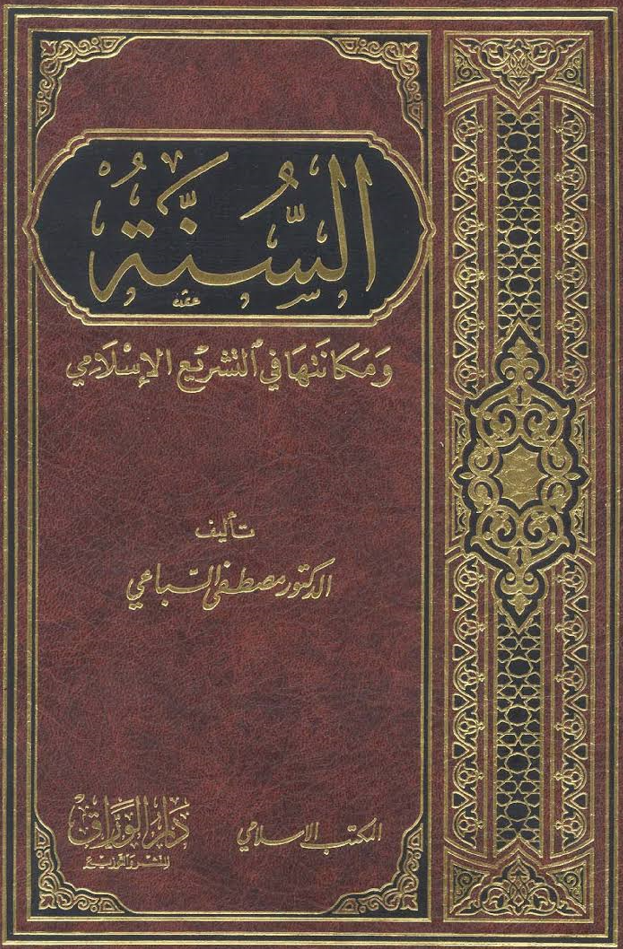
Ḥadīth
This course is the continuation of the previous year but with different intent. Here, though the same course material is used, the emphasis is placed on the fiqhī understanding of the ḥadīth. It is, therefore, the chapter of ibādāt (laws of worship), Nikāh wa ṭalāq (family law), buyūʾ (law of business and contracts) are covered in this course.
The objectives of this course are to:
- learn the fiqh through the lens of ḥadīth.
- understand the proofs of fiqh from the aḥādīth of the Prophet (S.A.W).
- understand that sometimes scholars differ on matters of fiqh due to concepts related to aḥādīth.
Course Material
Sunan al-Tirmidhī
by Abū ʿĪsā Muḥammad b. ʿĪsā al-Tirmidhī (210–279 AH)
